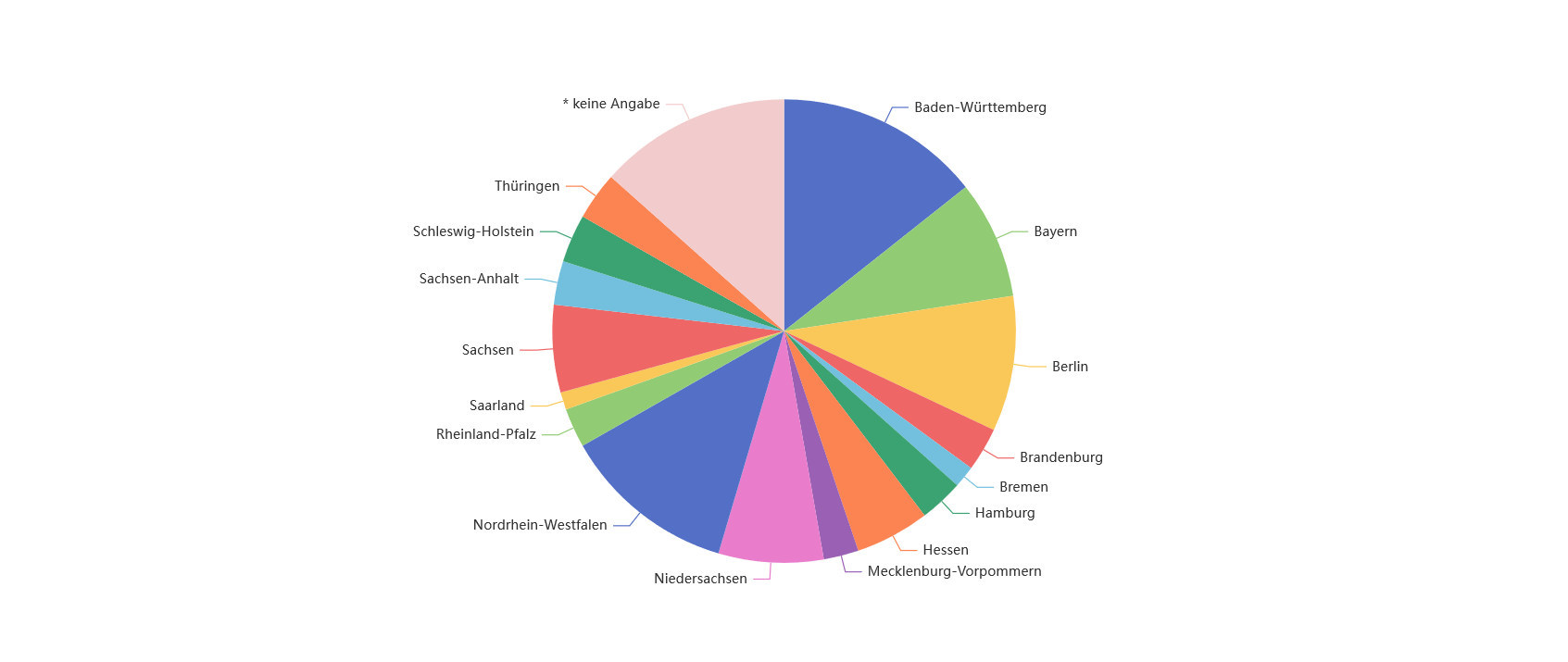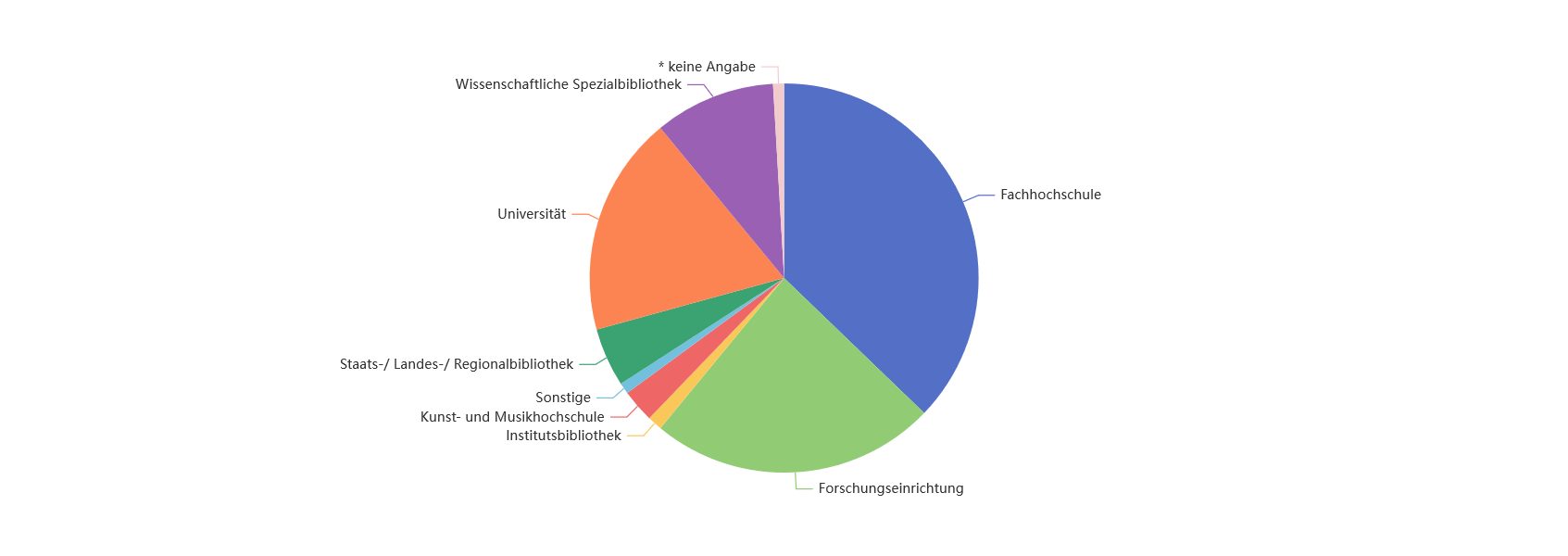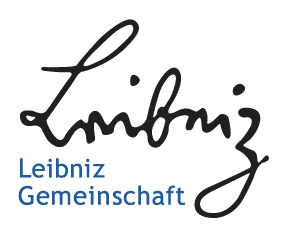An Insight into TIB-Consortia – Libraries and Institutions as TIB’s Customers
With the progression of the Open Access transformation and with national efforts such as Project DEAL, the construct “consortium” is on the upswing in Germany’s academic sector. As a supra-regional infrastructure facility, TIB has been operating a consortial office for many years – time to give an insight into the consortial business at TIB. In this blog post, we would like to explain who our customers are and who uses TIB’s services in the field of media and license management.
What are consortia actually good for?
By joining together into a consortium, scientific institutions can benefit from better conditions for acquiring literature and financing publication fees. The advantages of such a “buyers club” include, for example, price reductions, extended rights for users and authors, and reduced negotiation and administrative effort on the part of the acquisition departments of participating libraries.
As part of our mission to provide services to readers and researcher across Germany, we not only directly serve their needs, but also seek to facilitate access to specialized literature for other libraries. As a consortium leader, we actively advocate for the interests of participating institutions and negotiate advantageous terms with publishers and academic societies. We also take on various tasks in the administration and implementation of TIB-led consortia and oversee the entire life cycle of a consortial license agreement.
Who is the consortial offering aimed at?
Our range of services is aimed at academic libraries and institutions throughout Germany. The individual TIB-led consortia have different member groups and organizational structures. All of our consortia are “opt-in”, which means that joining the consortium has to be actively requested by an institution and is not obligatory. However, once an institution has signed up to become a member, it makes a binding commitment to pay the respective fees. Institutions can rest assured that the principle of equal treatment counts among consortium members. This includes that the same rules apply to all individual institutions within the consortium with regard to pricing, contractual conditions and the products offered. As the managers of the consortium, we focus on fair and transparent pricing mechanisms. We strive for clear communication with both the providers/publishers and the consortium members, our customers.
As TIB is the German National Library of Science and Technology, our consortia offer primarily covers products from the subject areas of architecture, chemistry, computer science, mathematics, physics and technology. An important strategic goal is to anchor Open Access components in TIB-led consortia.
Who is currently participating in TIB’s consortia?
For the year 2023, we are offering a total of 44 consortia with different content and member profiles as well as different licensing and financing models. Via our electronic license management system LAS:eR, the group of our customers can be represented very nicely graphically:

The chart shows that facilities from all 16 German states benefit from our services. Of over 320 institutions participating in the consortium offer in 2023, a large proportion are based in Baden-Württemberg (47 institutions), followed by North Rhine-Westphalia (40), Berlin (31) and Bavaria (27). The state of Lower Saxony, which is TIB’s home state, follows in fifth place with 24 institutions.
In general, our customers are academic or research libraries affiliated with different types of (parent) institutions. The spectrum ranges from large state and university libraries with several hundred employees to one person libraries at small research institutions. More than half of the customers are from the academic sector (universities and colleges), followed by research-focused institutions (about one-third).

Individual libraries or institutions participate in an average of four TIB-led consortia per year. However, there are of course also customers who are only interested in a very specific product portfolio or membership. Other libraries are “regulars” in our consortia business, such as TIB itself (in its role as the university library of Leibniz University Hannover) and other libraries of the TU9 group. If we add up all the individual participations, we arrive at the proud figure of over 1,380 memberships in TIB-led consortia in 2023. All of these individual memberships are managed and overseen by our colleagues in the Licensing Services team.
With the new funding models that accompany the transition to Open Access, the range of institutions addressed by the offering is also expanding. We expect that in the future university hospitals or privately funded institutions will increasingly participate in our consortia. It is also conceivable that the consortia expand to include the libraries of commercial enterprises, but this will first require a network of contacts to be established and reservations on the part of the providers to be dispelled. The internationalization of consortia, which plays a role particularly in the joint funding of OA publications, also represents an opportunity for the global scientific community to achieve common goals by joining together in consortia.
ist Referentin für Lizenzen und bei der TIB für die Verhandlung von Konsortialangeboten zuständig.



You can find further information to TIB Consortia here: https://tib.eu/tib-consortia